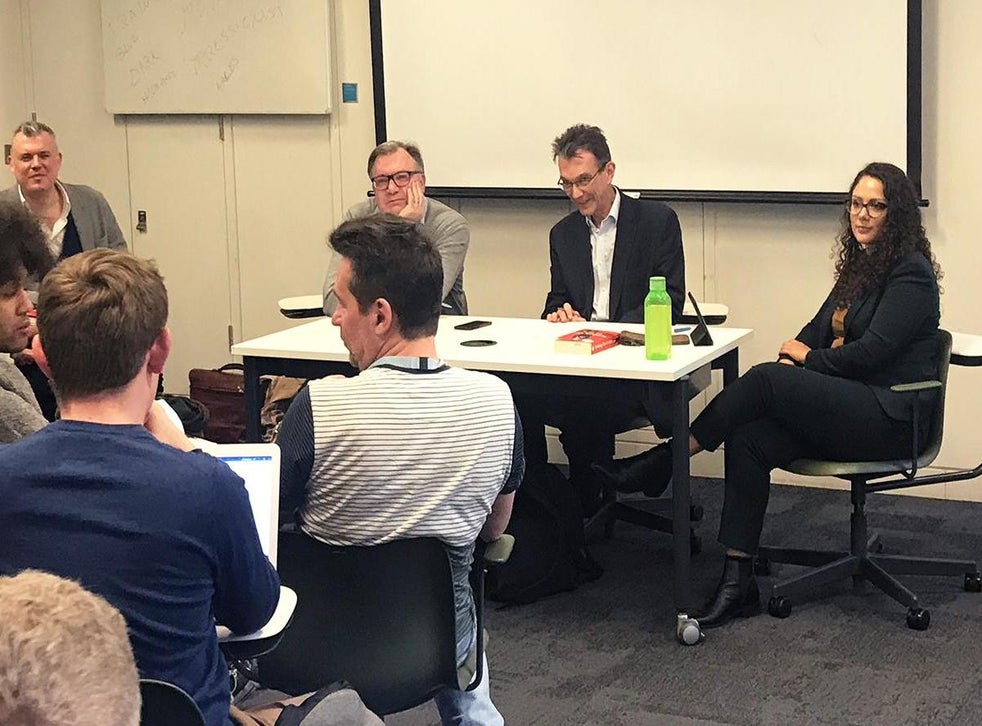'The thing which Tony and Gordon were really good at was stopping each other doing stupid things'
d Balls, former shadow chancellor, current TV celebrity and visiting professor at King’s College London, came to talk to students on the “Blair Years” course last month. He delivered a brilliant seminar on the nature of the relationship between Tony Blair and Gordon Brown, and argued that, although there was conflict, it strengthened the government. Speaking just a few days before Boris Johnson forced out his chancellor, Balls offered a preview of the arguments about the balance of power between No 10 and the Treasury.
He said that “the tension and the grit” between Blair and Brown in government “was most of the time productive”. Above all, “the thing which they were really good at was stopping each other doing stupid things. And that’s really important. I remember Tony at one point wants to abolish capital gains and inheritance tax. And we called in and said that’s a really bad idea. And we stopped it. Or Gordon will have some crazy idea and Tony will say, ‘I’m really sorry, we’re not going to do that.’ But the number of things they did together that were bad ideas was actually quite small.”
He compared the Blair-Brown relationship with that between David Cameron and George Osborne: “George Osborne thought a referendum on membership of the European Union was a bad idea, and decided he would defer to David Cameron as the prime minister, because he was his friend, and he was the prime minister, so it wasn’t his job to challenge him. That was a catastrophic piece of statesmanship. George Osborne’s responsibility, constitutionally, was to stop David Cameron doing stupid things.”
Speaking to the class of postgraduate students I teach with Michelle Clement and Jon Davis – most of the class having been born after Blair became prime minister – he said: “Tony never thought that changing his chancellor would help” – unlike Boris Johnson, who seems to have deliberately engineered Sajid Javid’s resignation by saying he wanted to sack the Treasury’s political advisers.

According to Balls, Blair and Brown were different: “The personal relationship was deeper and more long lasting than people understand, but with some dysfunction, about who is the older; who is the most experienced; who is senior; who’s abusing who. Undoubtedly both of them thought they were in an abusive relationship. But maybe the nature of politics is that it’s hard to be friends. It’s sometimes abusive but, despite that, it can lead to better outcomes.”
He compared Blair with Theresa May: “She made a terrible mistake when she became prime minister, of not having the strongest people around her, because she put weaker people into key jobs thinking they would fail. In the end, she failed.
“If you go back to Harold Wilson, his great strength as prime minister was that he never put the second-rate people in the top jobs, he put the best people in the top jobs. He always knew that politics was complicated. It was far more factional and tense in parliament in those periods, partly because the majority was smaller.
tinyurlis.gdu.nuclck.ruulvis.netshrtco.de
